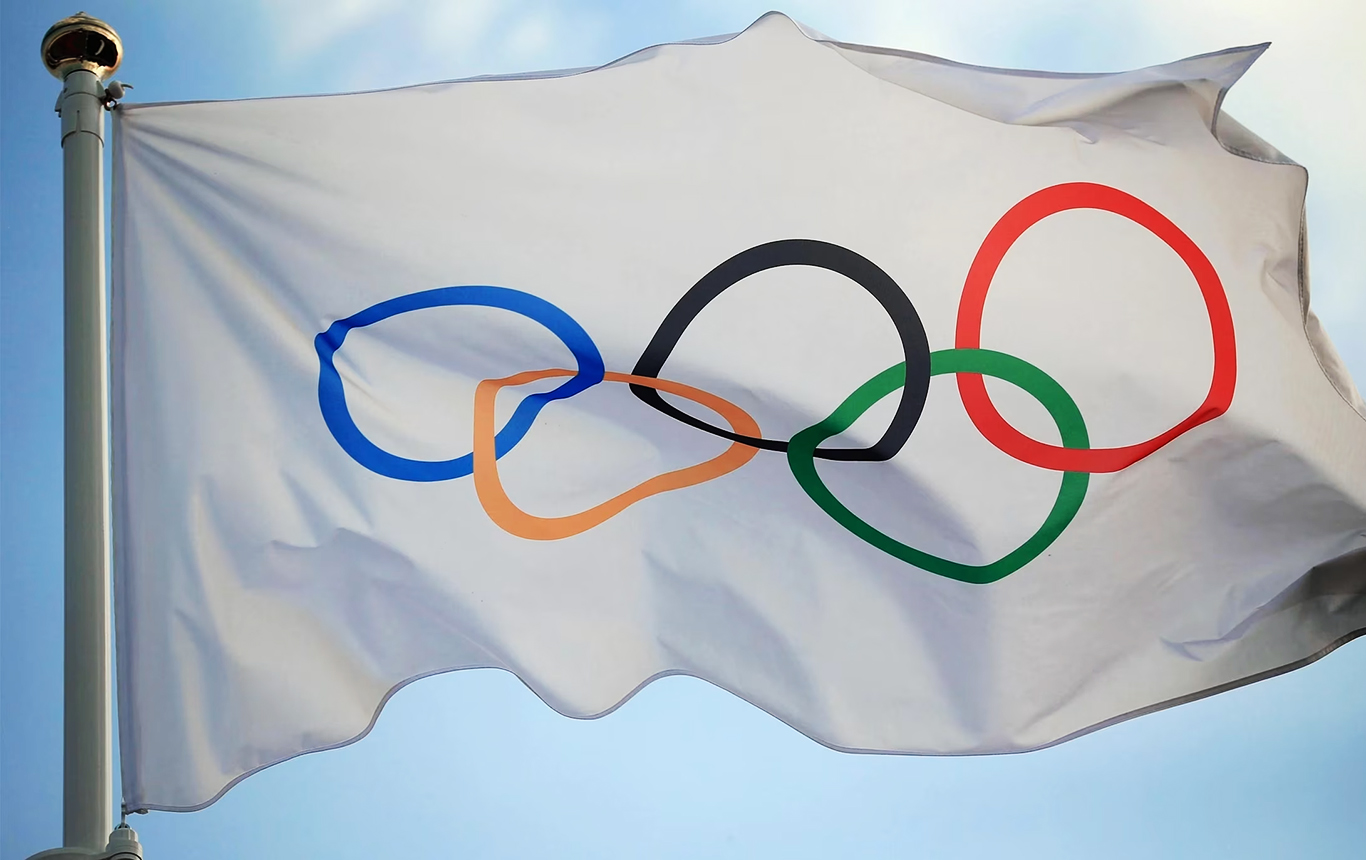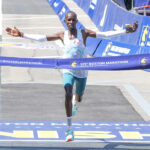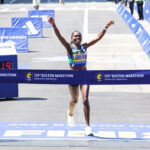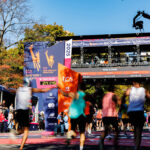The United States Olympic & Paralympic Committee updated its eligibility rules on Monday to ban transgender athletes from competing in women’s sports, a move that is in line with President Donald Trump’s executive order on the matter.
The change was quietly made to the organization’s website and listed the rule as part of the “USOPC Athlete Safety Policy” section.
President Trump signed an executive order on February 5 titled “Keeping Men Out of Women’s Sports.”
And while there is no exact measure of implementing the policy, the website refers to “Executive Order 14201” and notes that the “USOPC will continue to collaborate with various stakeholders with oversight responsibilities, e.g., IOC, IPC, NGBs, to ensure that women have a fair and safe competition environment consistent with Executive Order 14201 and the Ted Stevens Olympic & Amateur Sports Act.”
There is no specific mention of the word “transgender” on the website and the language in the “Athlete Safety Policy,” but the document indicating the ban was dated June 18 but not posted on the USOPC website until Monday. The website notes that the USOPC was cooperating with Trump’s order.
This echoes a similar measure the NCAA carried out in February in which it used specific language on its website in an announcement title “Participation Policy for Transgender Student-Athletes.”
Meanwhile, in a letter widely circulated to news outlets that was sent to Team USA athletes, coaches and officials, U.S. Olympic & Paralympic Committee CEO Sarah Hirshland and President Gene Sykes confirmed the change in policy.
“As a federally chartered organization, we have an obligation to comply with federal expectations,” the letter read. “Our revised policy emphasizes the importance of ensuring fair and safe competition environments for women. All National Governing Bodies are required to update their applicable policies in alignment.”
The discussion of transgender athletes competing in sports continues to be a tense issue with the argument that those participants who were born male have a significant advantage in female sports.
In track and field, the matter took a noticeable shift in March when World Athletics announced that it would implement gender eligibility testing for athletes before competition in the female category
These tests would include cheek swabs or dry blood spot analysis exams, according to the governing body.
“The pre-clearance testing will be for athletes to be able to compete in the female category,” World Athletics head Sebastian Coe said in March at a press conference in Nanjing, China following the World Indoor Championship. “The process is very straightforward, frankly very clear, and it’s an important one. We will look for a testing provider, we will work on the timelines and the tests will only need to be done once in the career life of an athlete.”
As of 2025, no known openly transgender female athlete has ever won an Olympic medal.
But CeCé Telfer, who competed for Franklin Pierce University, became the first openly transgender athlete to win a NCAA title. Telfer ran on the men’s track and field team in 2016 and 2017, mostly in the 400m hurdles. Telfer began medically transitioning shortly after and was allowed to run in the women’s category and won the 400m hurdles championship in 2019.
Telfer ran in the women’s 400m hurdles at the pandemic-postponed 2020 U.S. Olympic trials in Eugene, Oregon in 2021 but did not meet the qualifying standard. The field for the event was widened to accommodate additional athletes and Telfer qualified with a 57.5.
However, Telfer could not prove eligibility under hormone guidelines established for transgender athletes and was removed from the event and ended her chance to make the 2024 Paris Olympics.
Nikki Hiltz, who finished seventh in the women’s 1,500m final at the last year’s Paris Olympics, would likely not be affected by the USOPC policy change because they were assigned female gender at birth and identifies as nonbinary.
Hiltz won a silver medal at the 2024 World Indoor Championships in Glasgow in the women’s 1,500m, months before World Athletics revealed what its specific testing protocol would become.







